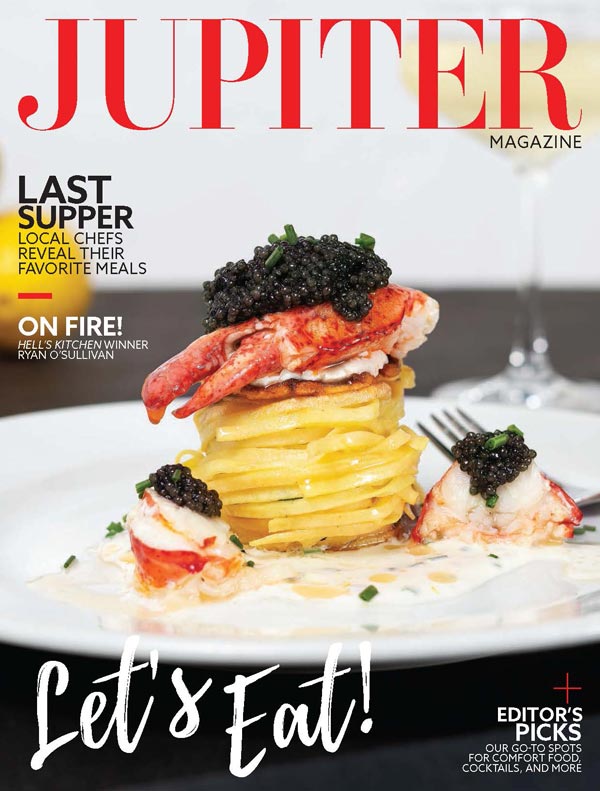Biologist, conservationist and Emmy Award-winner Jeff Corwin is coming to South Florida for the Loggerhead Marinelife Center’s 10th Annual Go Blue Awards Luncheon on Oct. 26 at the Kravis Center to discuss the importance of conservation.
You have two bachelor’s degrees and a master’s in biology and conservation, but when did your interest in the subjects begin?
I’ve always had a passion for nature, wildlife and conservation ever since I was a child, long before college. I spent my childhood in the woods exploring and discovering. For me, my passion was being hip deep in a swamp looking for frogs and critters. At 16, I had the rare opportunity to visit a rainforest on an expedition to discover new species of reptiles and amphibians, and that got my exploration muscles working as well.
You’ve been both a host and executive producer for a number of shows. How did you get your start in TV?
Way back in 1994 I got featured in a National Geographic special called “The JASON Project,” hosted by Dr. Robert Ballard. This excited my interests in TV as a tool to engage the public. It took a few years of experimentation along with trying to get folks in the TV business to have an interest in my own personal niche as a TV explorer/ adventurer and wildlife expert. While in graduate school back in around 1997 or ’98, Disney took an interest, and that was the beginning. Now over 20 years later—nearly 10 different TV series—I now, through my current series “Ocean Treks” on ABC, embrace the opportunity to engage a public audience with travel, adventure, culture and nature.
Through your work you’ve had the opportunity to travel all over the globe. What destination stands out?
It’s hard to pick one place. I do still love to travel. There’s nothing like being in Alaska, North America’s last great wild frontier and a landscape that has been unchanged for tens of thousands of years—where iconic and powerful creatures like grizzly bears, moose, caribou, orcas, endless rivers of salmon, still thrive.
What has been the most meaningful work you’ve done?
Probably being a father. Trying to get my kids connected to natural resources in the age of 21st-century technology, social media, being bombarded by constant distractions of technology. To keep my kids connected to the land, to the water, as advocates and stewards of nature, this is my biggest challenge and I would mark as my biggest success, assuming I am successful.
What can guests at the Go Blue Awards Luncheon expect?
It’s a great chance to have a lively conversation discussing the importance of stewardship, with great institutions like the Marinelife Center. There will be moments of humor and levity discussing past adventures, but this is a chance to empower ourselves with a conversation about where we are today and where we need to go in the future.
What do you think of Florida?
I spent a lot of time in Florida. I do many stories there. Florida, especially this region, is critical to our nation’s biodiversity. Species found nowhere else are found here, like indigo snakes, American crocodiles, manatees, alligators, gopher tortoises—the list goes on and on. Florida is on the front lines of 21stcentury conservation challenges, like climate change, sea level rise, urban sprawl, habitat being lost to make room for more people. So Florida is a timely, remarkable and very central part of the conservation successes and challenges of our great nation.
What’s next for you?
Lots of projects in the works—filming season three of “Ocean Treks” for ABC, and I am wrapping up a giant screen format, Imaxstyle film called “Expedition Chesapeake,” hitting theaters in February.
How can Floridians make a difference in marine conservation?
Being proactive. Being held accountable as a community for the future of the resources that are imperiled in the region. Working with great conservation organizations, like Loggerhead Marinelife Center.












Facebook Comments